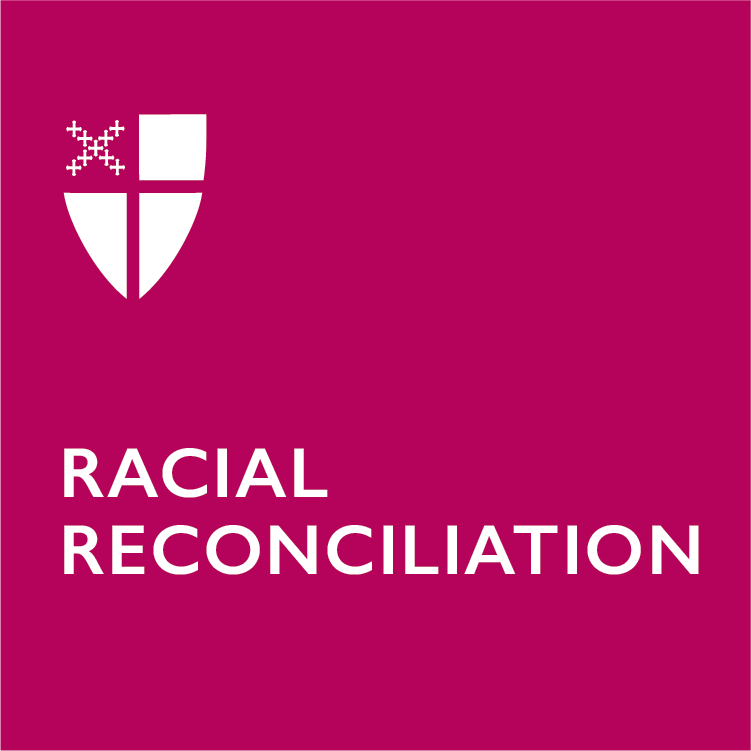By Stephanie Spellers
I have not watched the film of five Black Memphis police officers beating 29-year-old Tyre Nichols to a pulp. I have not seen the EMTs who did so little while a beloved child made in God’s image lay dying at their feet.
I have not looked, yet it is all I can see. Just reading the account is enough to conjure the most horrific, tortured images—worse than anything Hollywood could script. I have not seen the video, but I cannot unsee it, and I honestly don’t want to unsee it. We have become too good at forgetting.
Even if brutality like this has happened before and will happen again, we need to sit with this particular incident. We need to sit and wonder why traffic stops so quickly escalate into police brutalization and then to tragic loss of life. Sit and acknowledge the depravity human beings are capable of when mob mentality kicks in. Sit and feel our own broken, haggard spirits, still raw from deaths too numerous to count.
In addition to all that, as a Black person—rest assured I’m not about to speak for all Black people, just from my particular experience living in this skin in this nation—I have to sit with the reality that we can commit racist horrors against our own.
This is no surprise. Black people in America are ever surrounded by a White-dominant national culture that hates, distrusts, criminalizes, cages, and lynches Black bodies. White-dominant culture has never known what to do with us when we are free of White control, and it cannot imagine we would not want to hurt White people and structures as much as they have hurt us. So it terrorizes us psychically and physically, and then disseminates an image of dangerous, demonic Blackness that makes White domination look necessary and good.
We have always resisted these forces with our own Black-positive narratives and institutions, but not everyone has access to that alternative source, and sometimes it’s not enough. And so we find that Black lives do not matter to some Black people. They have ingested the poisonous American waters we’ve all swum in throughout our lives.
In one telling study, groups of subjects played a video shooter game featuring a quick cascade of images of White men and Black men, either holding a gun or something like a phone, soda can, or wallet. The subjects had to quickly decide whether to shoot. White subjects more often “saw” the White men and guessed they held something harmless, even if they had a gun, while they assumed the Black men had guns, even if they only had a soda can. Sadder still: Black subjects also guessed unarmed Black men had guns, while they gave White men a pass.
Especially if you are deep in the American policing system, you are likely trained—explicitly or implicitly—to see Black people as a threat. Modern policing is based on models designed for patrolling Black slaves. It assumes there is an “us” that is White (plus whoever can sneak under that tent for cover) to be protected from a “them” that is disproportionately Black, Latino, Indigenous, and Asian and must be controlled or eliminated. If you’re an officer and a person of color, your pledge to keep “us” safe – and your need to prove you’re not like “them”—may make you more brutal than anyone. Just witness the cruelty of the Black plantation overseer.
There is so much to sit and reckon with in a moment like this. I hope we will honor that calling and not just go numb or switch to the next crisis.
I also hope we will get up and move. Move and demand reform in policing (see the Office of Government Relations’ “Nine Actions on Police Reform” for helpful tips), and this time keep holding civic and elected officials’ feet to the fire.
As folk of color, I hope we will partner to reverse the internalized oppression that plagues many of us exposed to White-dominant culture’s poisonous messages. The Episcopal Church’s Office of African Descent Ministries runs retreats on “Healing from Internalized Oppression,” and they’ve begun to collaborate with other ethnic ministries to help all communities of color join in this internal, healing work.
There have been other Tyre Nicholses, and I weep anticipating all the Tyres to come. Pray today that God will fill us with wisdom and courage, and move us to transform systems and hearts shrouded by evil, especially when those hearts might just be our own.
The Rev. Canon Stephanie Spellers is canon to the presiding bishop for evangelism, reconciliation and creation care.
